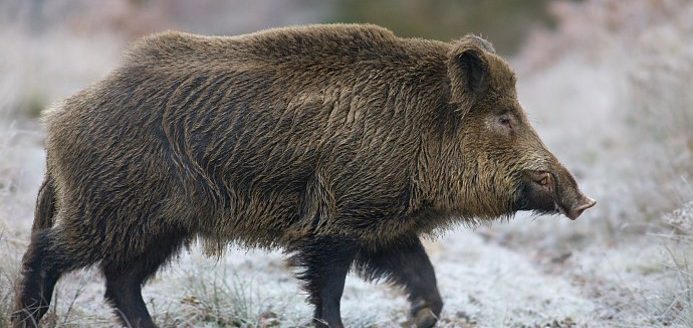How to start an agritourism venture

There is something about seeing a child’s face beam while feeding a farm animal for the first time, or the sight of a family picking fruit from an orchard as a team. That connection to the outdoors and agriculture, instead of a video game or cell phone, is scarce these days, but it comes alive if the proper platforms are available.
Agritourism venues are an ideal method to connect consumers who are generations removed from the farm. Starting one of these business ventures may sound like a daunting task. Fortunately for states like Oklahoma, an entire state program is devoted to helping agritourism owners develop and operate their businesses—free of charge.
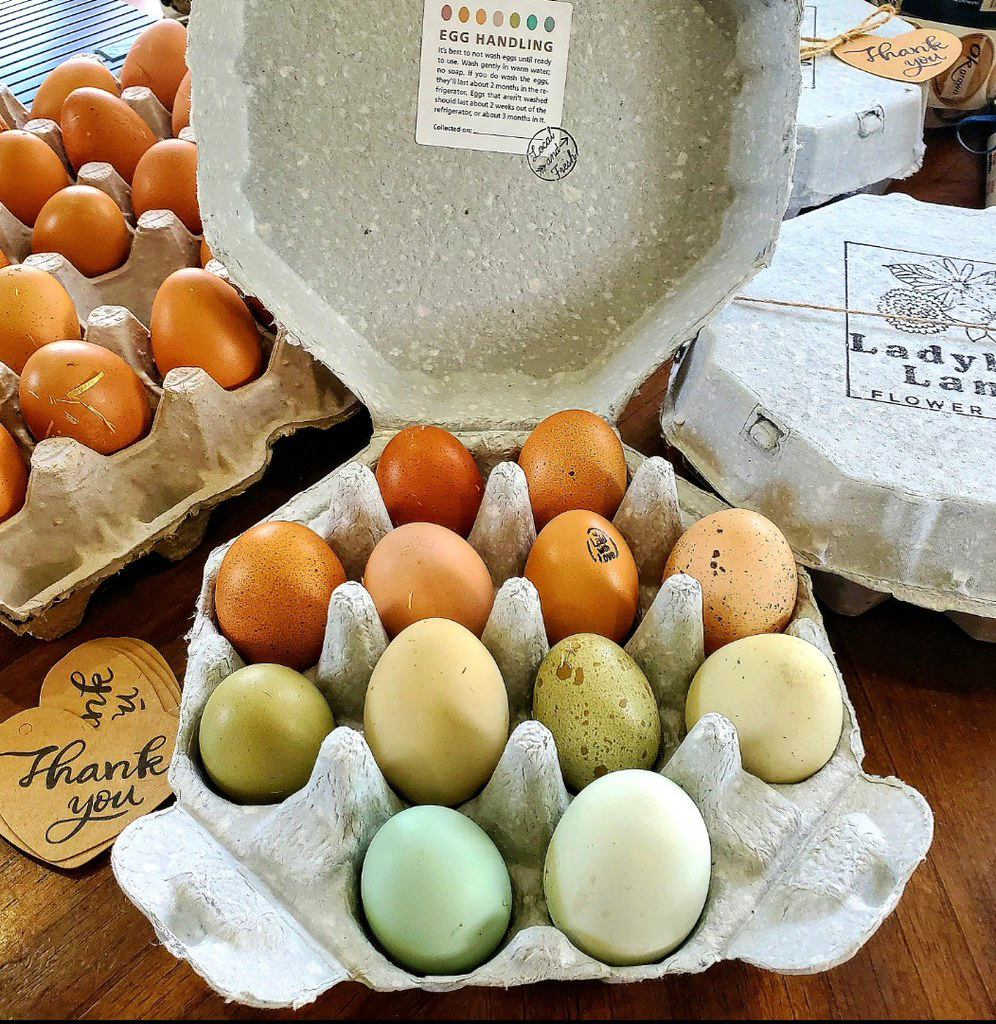
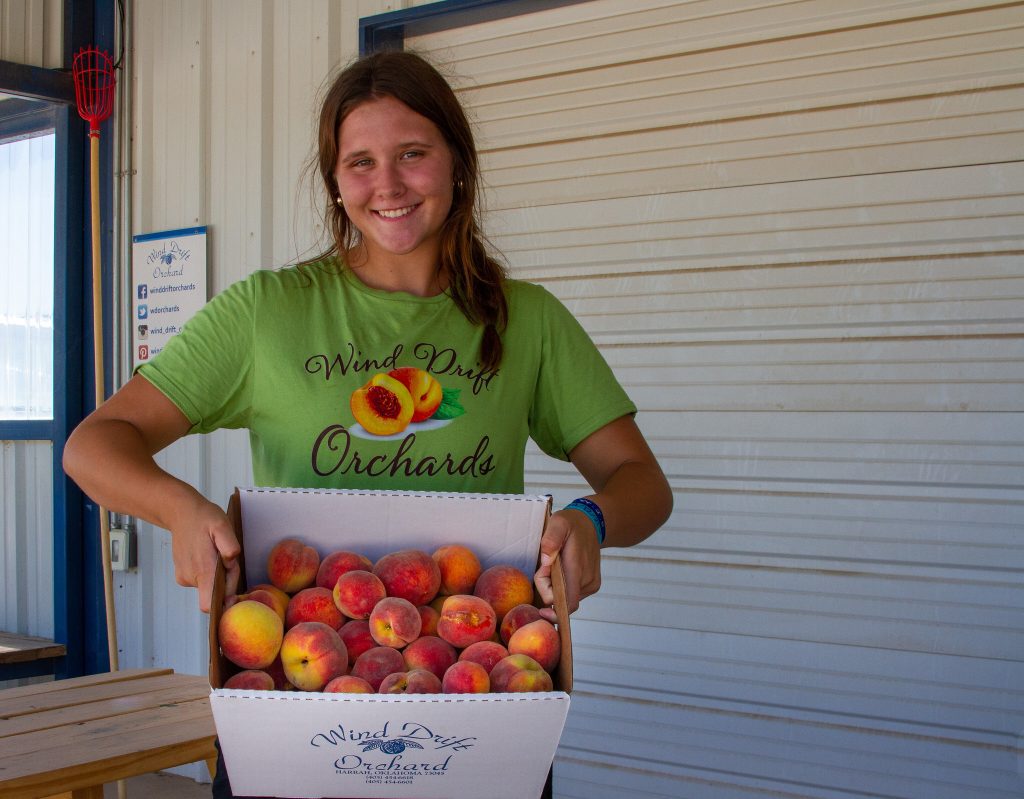

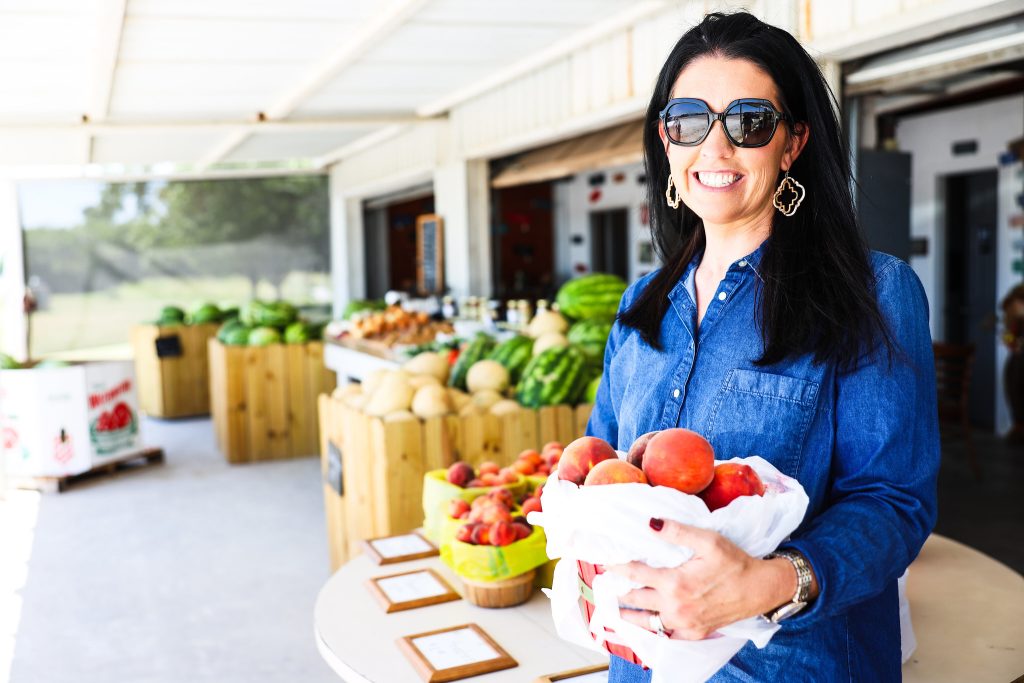
Whitney Wilkinson, agritourism coordinator at the Oklahoma Department of Agriculture, Food and Forestry, said agritourism in Oklahoma started in 2008, when the Oklahoma Agritourism Program was created. It has grown quickly, with more than 400 farms, ranches and venues in the program today. Oklahoma agritourism is divided into 18 categories, which include everything from farmer’s markets to petting zoos to country stays to vineyards and wineries.
“I think in the ag world, we are so passionate about what we do and this is a really cool opportunity to share that with people who are maybe not dialed-in to agriculture every single day,” Wilkinson said. “Most people are removed from the family farm, so they may not get that same experience that we do. Agritourism connects the dots between the consumer and the producer.”
Wilkinson said agritourism also promotes general tourism in rural areas.
“It gets people visiting small towns and rural communities that they might not otherwise go,” Wilkinson said. “While they’re in that town, they might stop and eat at the town café, browse the local boutique and maybe shop at the farmer’s market. If we can draw somebody to an area, they’re able to do all the different things in a community.”
Red Bird Farm
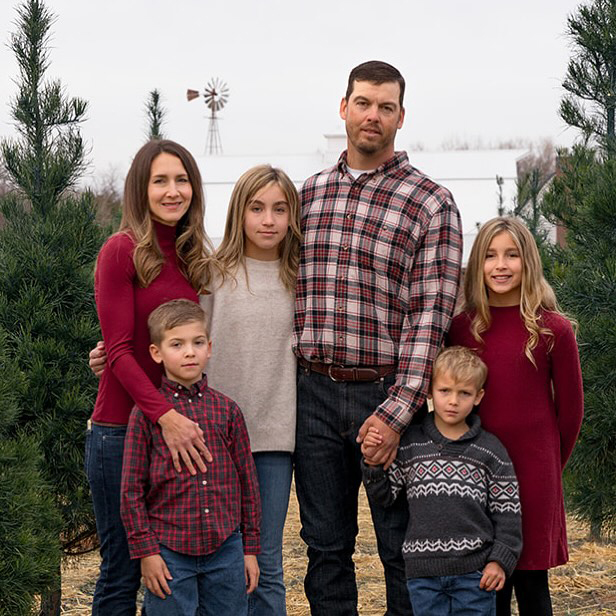
One agritourism business in Oklahoma that has flourished since it opened is Red Bird Farm, located near Enid, Oklahoma. Kent and Becky Evatt purchased land with the hopes of using it for some sort of agritourism venue and, in 2014, decided to plant Christmas trees. Kent grew up on farm, and although he became an engineer, he had always wanted to be involved in agriculture.
“The way farming is going, it’s just become a high-volume, low-margin business,” Kent said. “So, in order to compete on a regular commodity market, you’ve really got to have a whole lot of acres, and I just didn’t have enough. So, I started to look for some niche farming businesses that we could do.”
Becky did not grow up on a farm, but she has always loved the outdoors and has a passion for getting people outside to appreciate nature. Red Bird Farm opened in 2019, and with the success of the u-pick Christmas trees, they added u-pick blackberries, a pumpkin patch, corn maze, fall market, spring market, u-pick flowers and a petting zoo. Becky said there are plans to add a u-pick strawberry season next year and farm-to-table dinners as well.
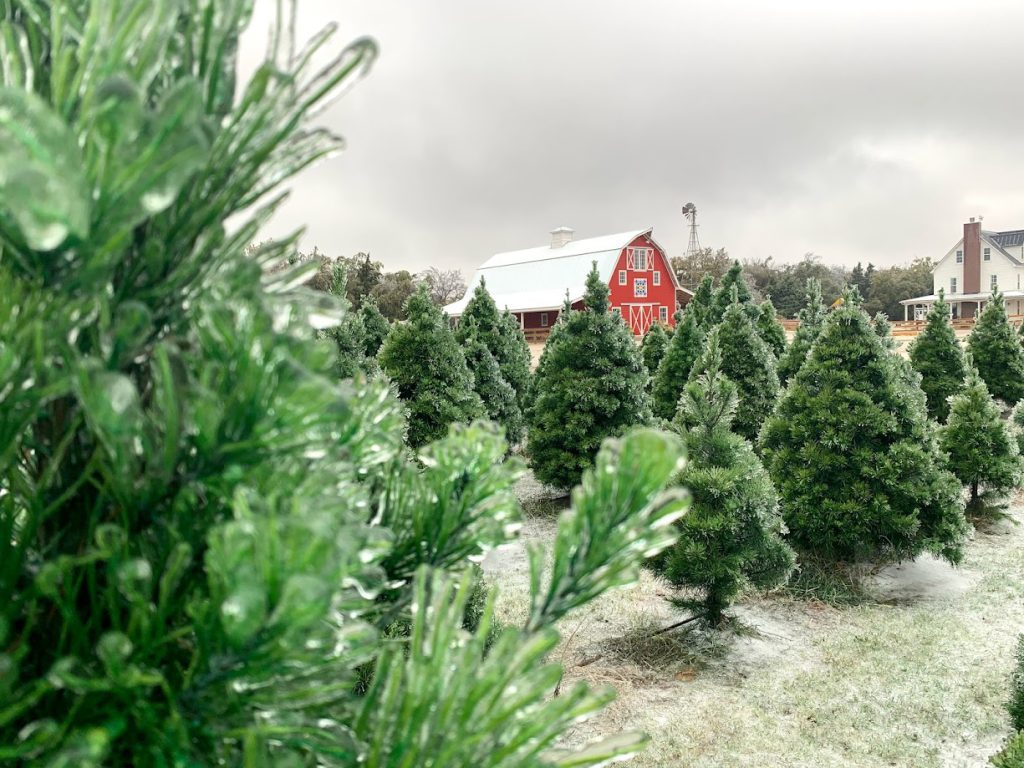
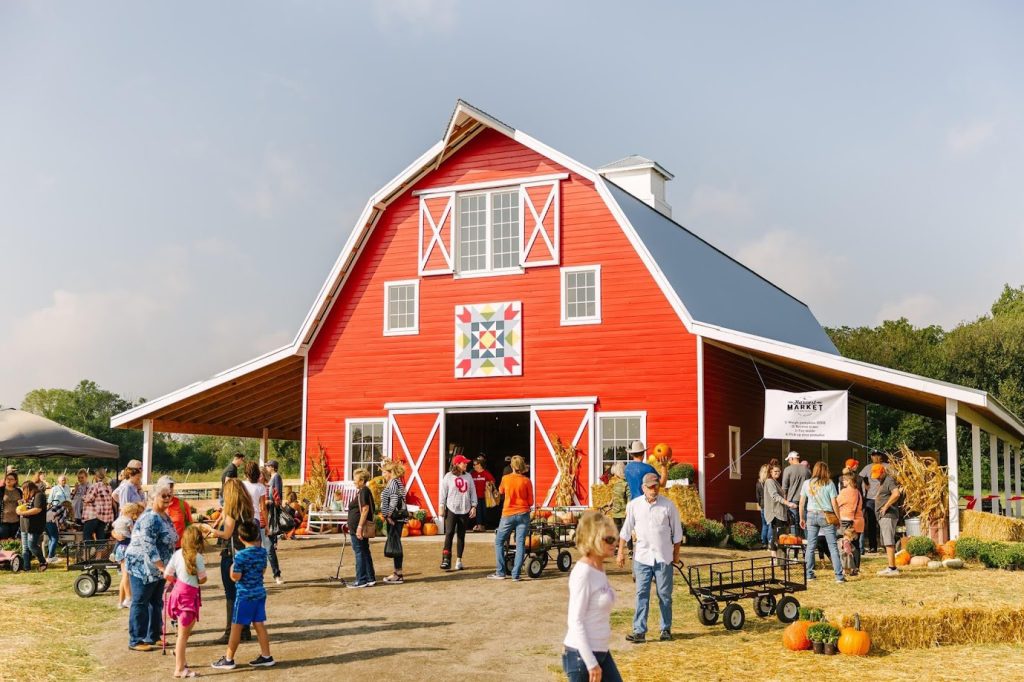
They even have a gift store that is located in a barn built specifically for the venue. The Evatts market other locally-grown products, such as Porter Peaches, grown in Porter, Oklahoma, and flour from Chisholm Trail Milling in Enid at their store.
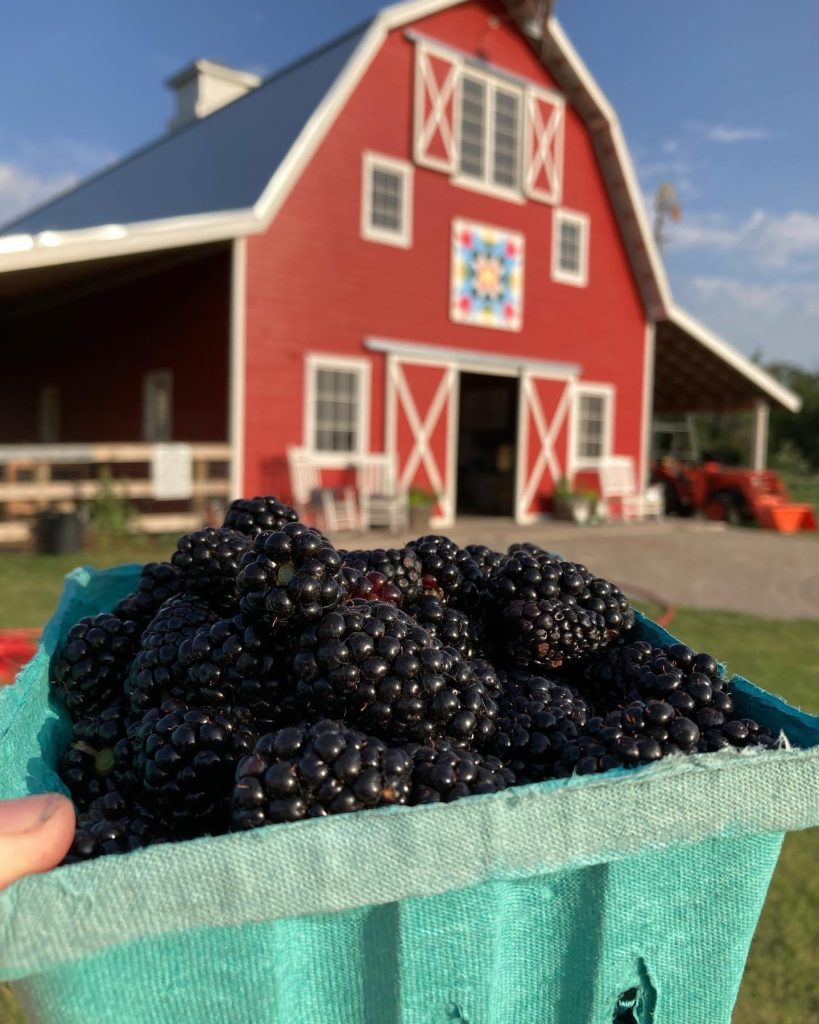
Becky previously worked in the health care industry, but she is now a stay-at-home mom to their four children. Kent no longer works as an engineer and is instead working full-time alongside Becky at Red Bird Farm.
“We tried to keep our other jobs and do this, but it just became overwhelming,” Kent said. “So, we are doing this full time, hoping to put enough things together to make it make it run smoothly.”
The Evatts continue to add new experiences to their business to keep the momentum going for the venue year-round. Becky said she has held numerous workshops, classes and events at Red Bird Farm. These include everything from cake decorating classes to chicken butchering courses to flower arrangement workshops. Although the Evatts enjoy the work at Red Bird Farm, Becky was quick to point out it has not been an easy journey.
“I don’t want to paint it like a fairy tale,” Becky said. “We’re reading a lot of books on how to scale and grow your business. But it’s totally doable. You just need to know your boundaries before you jump in. This grew a lot faster than we had anticipated, so make sure you surround yourself with good help.”
What makes a good agritourism business?
The first question anyone considering opening an agritourism venture should ask is if the business idea can be successful. Wilkinson said it is best to choose a unique category that is not already saturated in an area. For instance, if the nearest Christmas tree farm is two hours away, that might be a good niche to fill. Additionally, producers must be willing to share information about agriculture and be comfortable with strangers on their property.
“Sometimes there’s some fear when it comes to production ag, and I think if someone visits an agritourism farm, maybe they get the chance to see that a producer cares about what they’re doing,” Wilkinson said. “That opens a whole new door for people to ask more questions. It’s better for them to visit with an actual producer, rather than reading something online that may or may not be true.”
Both Wilkinson and the Evatts said it is crucial to design an agritourism experience that is interactive and provides ample activities for visitors to participate for one to two hours.
“I think people would probably be surprised about what they can invite the public to do,” Kent said. “Feeding cows may not be any big deal to you because you see them every day, but people will come out and participate in that because they just don’t get to do that every day.”
Sign up for HPJ Insights
Our weekly newsletter delivers the latest news straight to your inbox including breaking news, our exclusive columns and much more.
The Evatts often look for teachable moments when patrons visit their farm. For example, they explain to the u-pick customers why they should pick the darkest, most ripe blackberries, rather than the red berries, which are under-ripe and tart. Becky said she also loves to educate children who come to the farm for field trips.
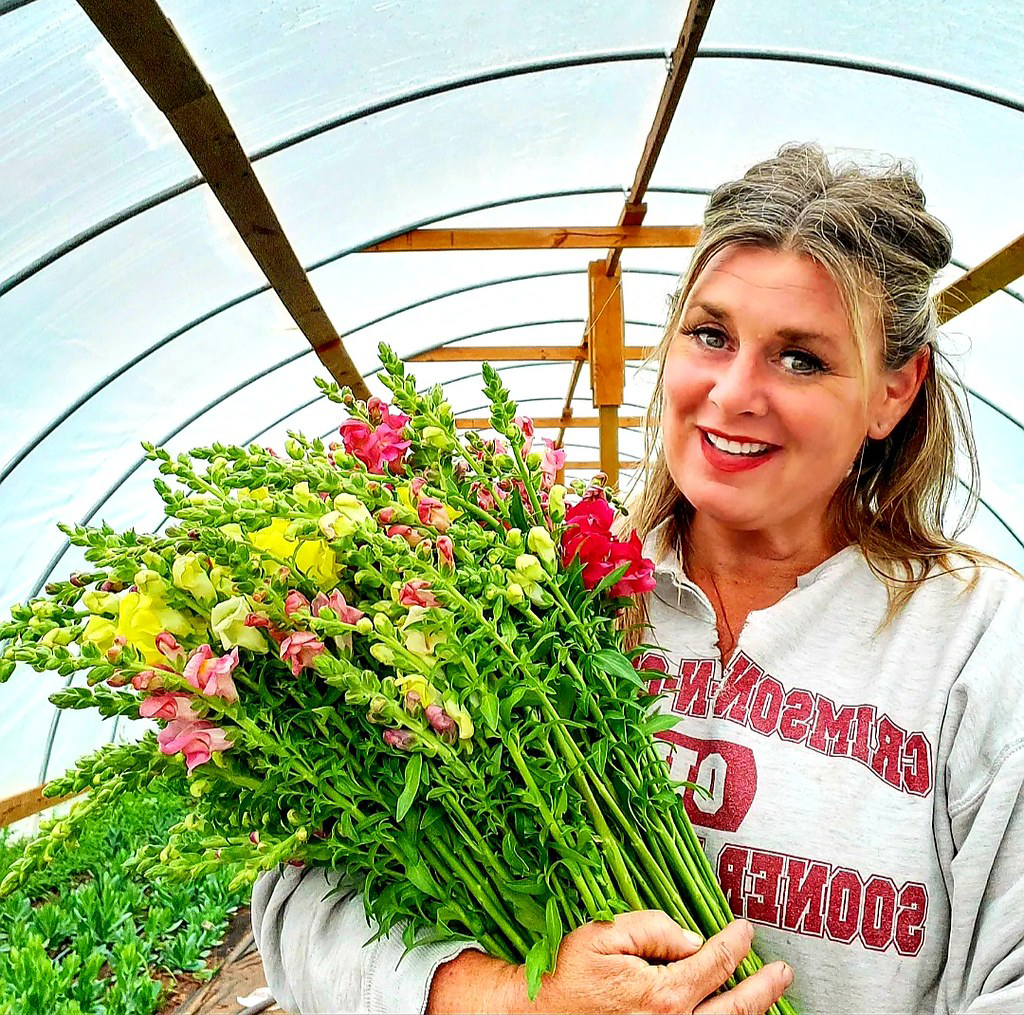
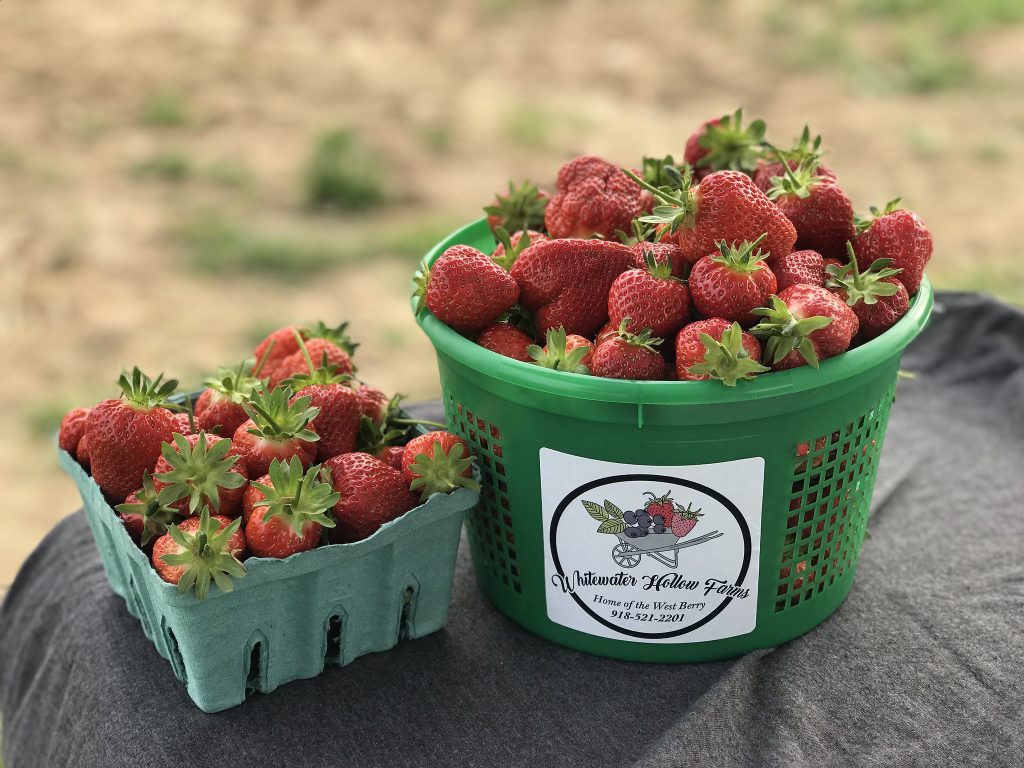

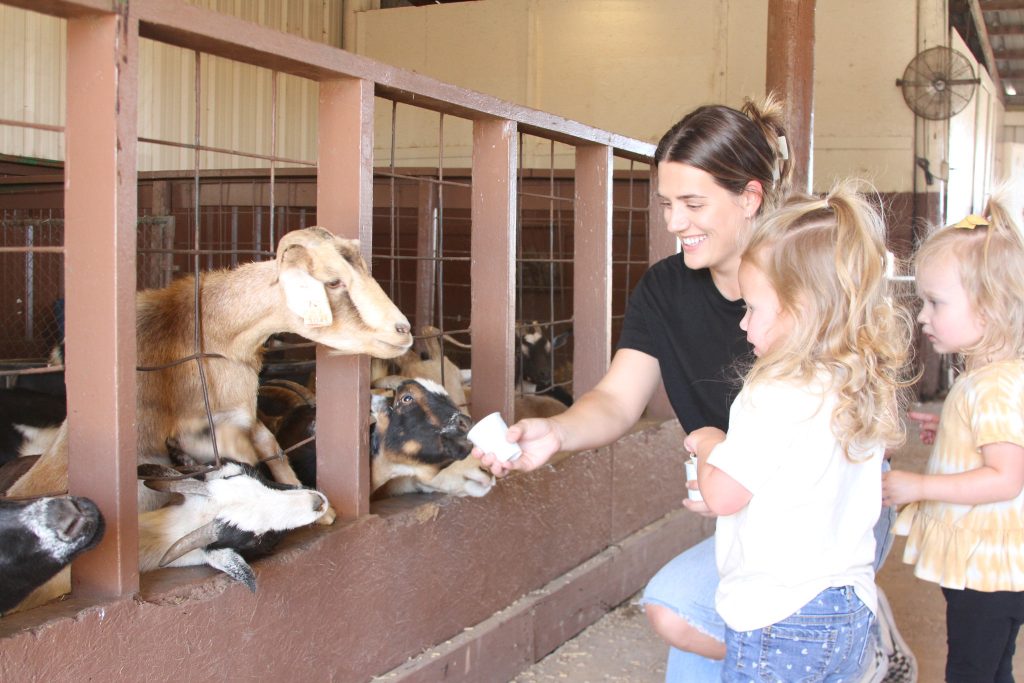
“I always talk about seeds and how we till the ground, and we put the seed in the soil,” Becky said. “And when they take home a pumpkin, I tell them there are 1,000 more seeds inside. The kids are wowed. So, it is an important way to reengage our culture and to become more agrarian.”
The Evatts have learned many lessons along the way in their entrepreneurship journey. Becky said it is crucial to find a trustworthy team and hire the right employees to make a business blossom.
“I think my biggest burn has been trying to take on too much,” Becky said. “I’m just now learning the value of having people come on board to help us grow this business in a way that matches our mission statement. It is so important to create good systems and framework to build this around.”
Becky believes beauty is also an important aspect of a good agritourism business. Putting nature’s majesty on display helps visitors appreciate it even more and makes for spectacular photos that serve as advertisements on social media. However, it can be difficult to keep farms clean, especially when animals are present.
“We’re very particular about making sure there’s no poop on the ground in animal areas,” Kent said. “People who come out in their flip-flops and are not used to seeing it care about it. You’ve got to keep it a little bit cleaner than an average farm.”
How to get started
Wilkinson said the first steps in developing an agritourism business are to contact the agritourism program in your state and develop a business plan. Wilkinson said entrepreneurs that need help developing a business plan can contact a local Extension or ag business coordinator for assistance.
After an entrepreneur has a business idea, Wilkinson said it is helpful to visit existing businesses that are similar, speak with the owners and learn more about the category. If the Oklahoma Agritourism Program is contacted, a coordinator will be sent to the property and help generate ideas to make the business a reality.
“We walk through the entire agritourism business with the producer and talk through what they’re wanting to do, what their goals are and help narrow down the achievable things for them,” Wilkinson said. “We consider the farm through the eyes of a consumer and make sure it has a parking lot, signage and good business logistics.”
Kent suggested inviting a mother who is not involved in agriculture to visit the operation and point out any safety concerns for children.
“You’ve got to realize that the people who come to your farm are not farmers,” Kent said. “Whatever you assume people will know, they won’t. Things that you feel are common sense or that should not be safety issues, could be.”
Wilkinson said Oklahoma Agritourism can be contacted at any time during the planning process. Sometimes she visits open fields with little to no plans made, and other times she walks through venues that are ready to open the next day.
“I think Oklahoma is pretty unique and fortunate to have them,” Kent said. They’re a dedicated agritourism program, and they’ve been extremely helpful.”
Wilkinson said Oklahoma’s program is distinct because it is the only state that has three dedicated coordinators. Additionally, many of the services Oklahoma provides free of charge come at a cost to agritourism businesses in other states. The Oklahoma Agritourism Program provides free marketing and materials to businesses and even promotes them through TravelOK, the Oklahoma Agritourism website, and on social media.
Brochures are designed for each venue and can be found at every travel station in the state. Additionally, Oklahoma Agritourism provides marketing through magazines and coverage on Discover Oklahoma TV. They even help businesses obtain grants and other resources.
To contact the Oklahoma Agritourism program, visit www.oklahomaagritourism.com or call 405-522-5560. To learn more about Red Bird Farm, visit www.redbirdfarmenid.com. Lacey Vilhauer can be reached at 620-227-1871 or [email protected].
